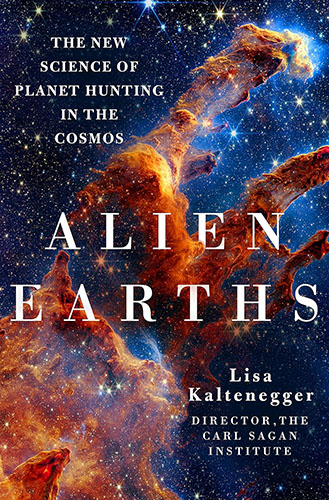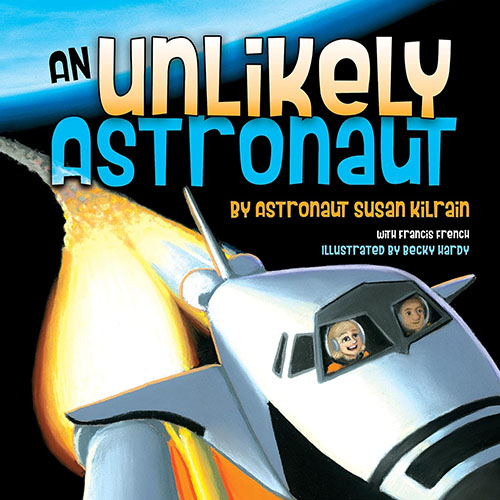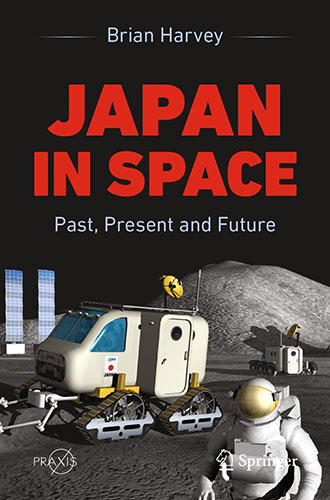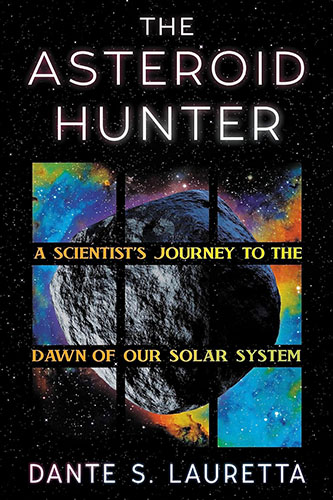Deadline is July 9
The U.S. National Research Council (NRC) of the National Academy of Sciences is currently conducting a congressionally-requested study to examine the goals, core capabilities, and direction of human space flight. This study, which is being carried out by the NRC’s Committee on Human Spaceflight, will provide findings and recommendations to guide the U.S. human spaceflight enterprise in a sustainable manner. The Committee on Human Spaceflight recognizes the importance of reaching out to the communities interested in human exploration and is using several approaches to solicit input regarding the motivations, goals, and the possible evolution of human spaceflight. One important source of input is this call for short papers from communities around the world with an interest in human spaceflight.
The Committee on Human Spaceflight invites interested individuals and groups to submit input papers describing their own ideas on the role of human spaceflight and their vision for a suggested future. In developing their papers, respondents are asked to carefully consider the following broad questions.
1. What are the important benefits provided to the United States and other countries by human spaceflight endeavors?
2. What are the greatest challenges to sustaining a U.S. government program in human spaceflight?
3. What are the ramifications and what would the nation and world lose if the United States terminated NASA’s human spaceflight program?
In discussing the above questions, respondents are asked to describe the reasoning that supports their arguments and, to the extent possible, include or cite any evidence that supports their views. In considering #1 above, submitters may consider private as well as government space programs.
This request for input papers is open to any and all interested individuals and groups. For more information on the committee and the goals of the study, please see the statement of task at http://www.nationalacademies.org/humanspaceflight.
Formatting and Length Requirements
To facilitate document management, the Committee asks that submitters abide by the following formatting guidelines:
• Input papers should not be more than 4 pages in length. Papers can include web links to other documents among the references.
• Use a 10 or 12-pt font with 1-inch margins on all sides of the document.
• Use Microsoft Word (.doc) or Adobe Acrobat (.pdf). No other formats will be accepted.
• Authors are responsible for obtaining any permissions necessary to use, or for the NRC to reproduce, copyrighted material.
• Position papers must be less than 50 MB in size. For file management purposes, please compress your figures if this does not detract from the clarity of your white paper. You should feel free to include hyperlinks to high resolution versions.
• A cover page can be included (beyond the 4-page limit) that shows the title of the white paper, a short abstract, the primary author’s name, phone number, institution, and email address, and a list of co-authors with their respective institutions.
Utilization of the Papers
All submitted papers will be reviewed by the Committee on Human Spaceflight. Note that, because participants will be self-selected, these input papers will not be used to judge the prevalence of attitudes or opinions within various communities. However, they will help ensure that the committee hears about important issues from interested parties. The submitted papers will also be available for public viewing at the project presentations page. All input papers will be considered non-proprietary for distribution with attribution.
Submission Instructions
Submissions must be made through http://sites.nationalacademies.org/DEPS/ASEB/DEPS_083343 by no later than July 9, 2013. All submitted white papers will be made public.


















